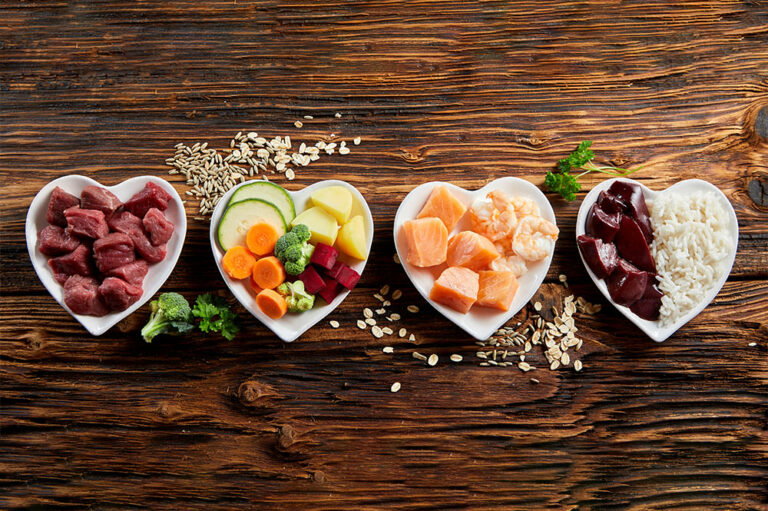In the human health system, a few significant metrics indicate cardiovascular health and blood pressure is one of them. Maintaining healthy blood pressure levels requires a nutritious combination of wholesome food and supplements, especially nitric oxide supplements, that can help increase blood flow and lower blood pressure. While some food choices may appear harmless, they can, in fact, cause problems with cardiovascular health. Limiting such food items is the first step towards a heart-healthy lifestyle.
Salt
Excessive sodium intake is a well-known contributor to high blood pressure. Processed foods, including canned soups, salty snacks like pretzels and chips, and restaurant-prepared meals, are often high in sodium. The body retains more water to dilute the excess sodium, increasing blood pressure levels. Instead, choosing low-sodium alternatives, using herbs and spices for flavor, and incorporating fresh, whole foods can help mitigate this risk.
Sugar
Consuming excessive sugar, mainly through sugary drinks, candies, and processed snacks, has been linked to increased blood pressure levels. It is often associated with its ability to cause insulin resistance. A high sugar intake triggers the body to produce more insulin, which can lead to the narrowing of blood vessels and an eventual rise in blood pressure.
Caffeine
While the effects of caffeine on blood pressure can vary, excessive intake may lead to a temporary spike in blood pressure. Caffeine stimulates the central nervous system, causing the heart to beat faster and blood vessels to narrow. Individuals sensitive to caffeine should monitor their intake, particularly from coffee, energy drinks, and certain teas.
Processed meats
Processed meats like sausages, bacon, and deli are often high in sodium and unhealthy fats. Their regular inclusion in meals has been associated with an increased risk of high blood pressure and other cardiovascular issues. The high sodium content in processed meats can lead to fluid retention and higher blood pressure.
Canned and processed soups
Many canned and processed soups are packed with high sodium levels and other preservatives that impact blood pressure. Regular consumption can contribute to sodium overload, increasing blood pressure levels. Therefore, opting for low-sodium or homemade soups can be a healthier alternative.
Pickled foods
Pickled vegetables and other preserved foods are often high in sodium content. The pickling process involves using salt as a preservative, leading to high sodium levels in the final product. Their excessive consumption can significantly contribute to elevated blood pressure and should be avoided.
Apart from certain food items, there are several underlying causes of high blood pressure. For example, certain health conditions like pulmonary embolism may trigger elevated blood pressure. In this case, obstruction of blood flow to an artery in the lung can increase pressure on the heart and elevate blood pressure, leading to pulmonary hypertension. It is essential to consult a doctor immediately in case one experiences symptoms like coughing, dizziness, and shortness of breath to get the condition diagnosed early and begin timely treatment.



